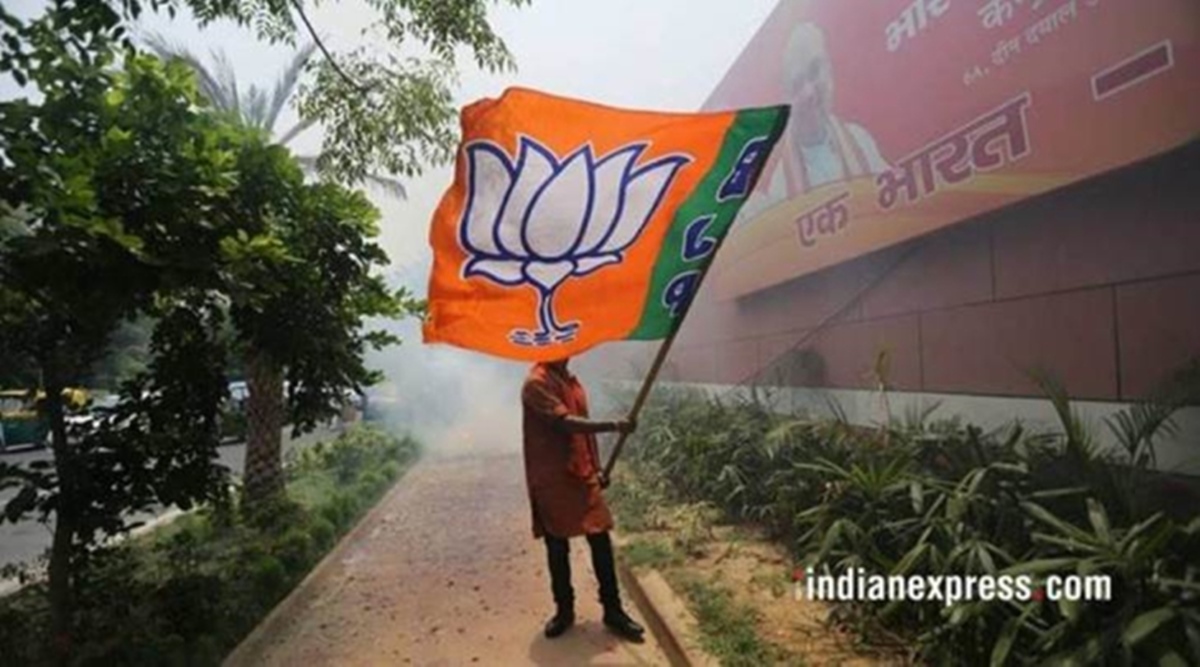Vishnu Narayanan Namboothiri | A true Indian poet alive to social concerns
Vishnu Narayanan Namboothiri was truly an Indian poet. Not in the constricted sense in which ‘Indianness’ is spoken about these days, but in terms of his deep understanding of the Upanishads, the ancient texts, especially of Kalidasa, and the literary and philosophical tradition in general.
Although deeply rooted in the classical tradition, he was among the first in Malayalam poetry to wake up to contemporary social concerns. In that way, you could call him a ‘transitional poet’ who wonderfully integrated in his poetry the classical, romantic, and modernist streams.
Themes like ‘loss of identity’ identified with modernism appeared in his poems. And, with poet R. Ramchandran, he collected the pioneering modernist voices in Malayalam poetry in Puthumudrakal in the early days.
He stood at the crossroads of classicism and modernism all along. His aesthetics were reflective of the dilemmas of contemporary India, as seen in India Enna Vikaram, even as his sensibility harked back to the classical values.
The imprint of Kalidasa was evident in his poetry, including the love poems. But as a Gandhian, he remained alert to the present and was anxious about the erosion of those values in Indian society. He was progressive in a Gandhian sense and his spirituality was ‘cosmic’, not tempered by religious orthodoxy.
As a human being, he was unblemished, untouched by jealousy, calumny, and a competitive attitude. That’s precisely why when the Malayali reading class raised the eyebrows at some of his contemporaries for their associations, he was never frowned at. Not even when he became a temple priest post-retirement as an English professor.
Empathetic towards the suffering, it was only natural that he sided with poets such as Sugathakumari when there was an uproar to protect the pristine environs of Silent Valley from destruction.
Although influenced by poets such as Vyloppilli, the trail he followed was of Vallathol. That is where he should be placed in the Malayalam poetic tradition.
(As told to S. Anandan)


